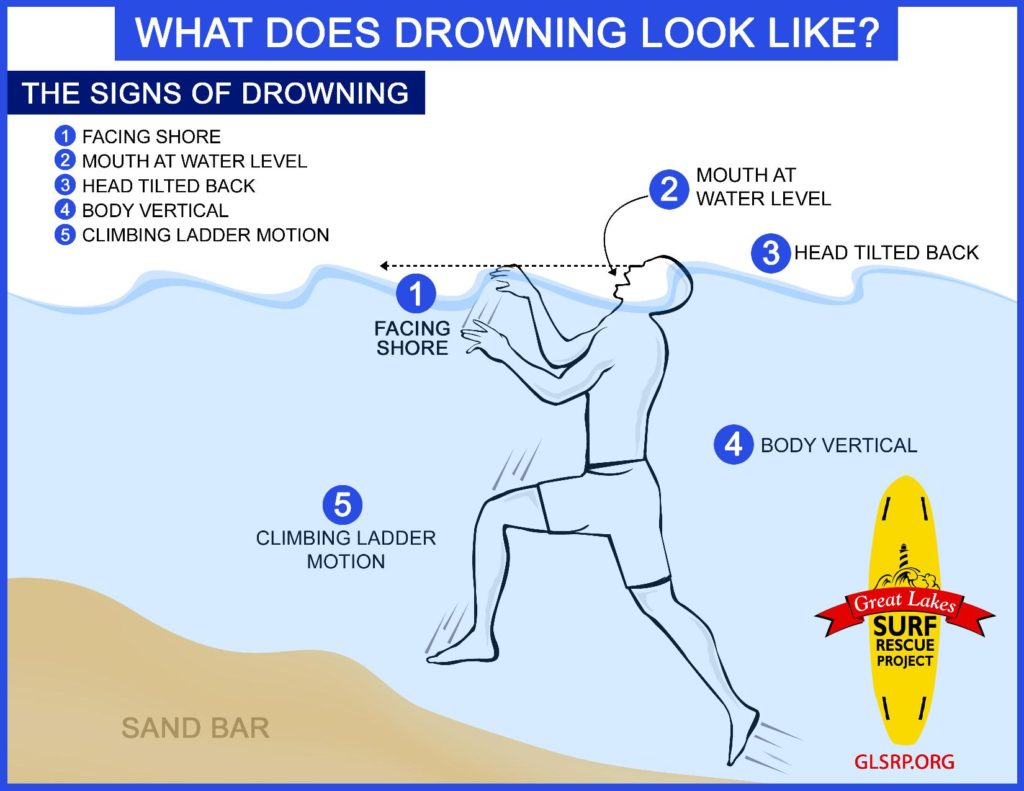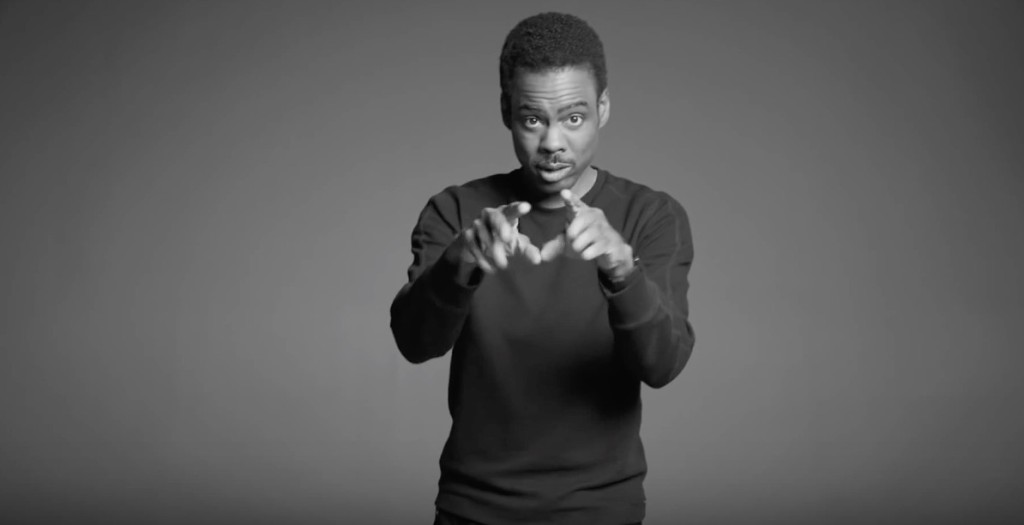
There is very little splashing, no waving, and no yelling or calls for help of any kind. To get an idea of just how quiet and undramatic from the surface drowning can be, consider this: It is the No. 2 cause of accidental death in children, ages 15 and under (just behind vehicle accidents)—of the approximately 750 children who will drown next year, about 375 of them will do so within 25 yards of a parent or other adult. According to the CDC, in 10 percent of those drownings, the adult will actually watch the child do it, having no idea it is happening. Drowning does not look like drowning—Dr. Pia, in an article in the Coast Guard’s On Scene magazine, described the Instinctive Drowning Response like this:




